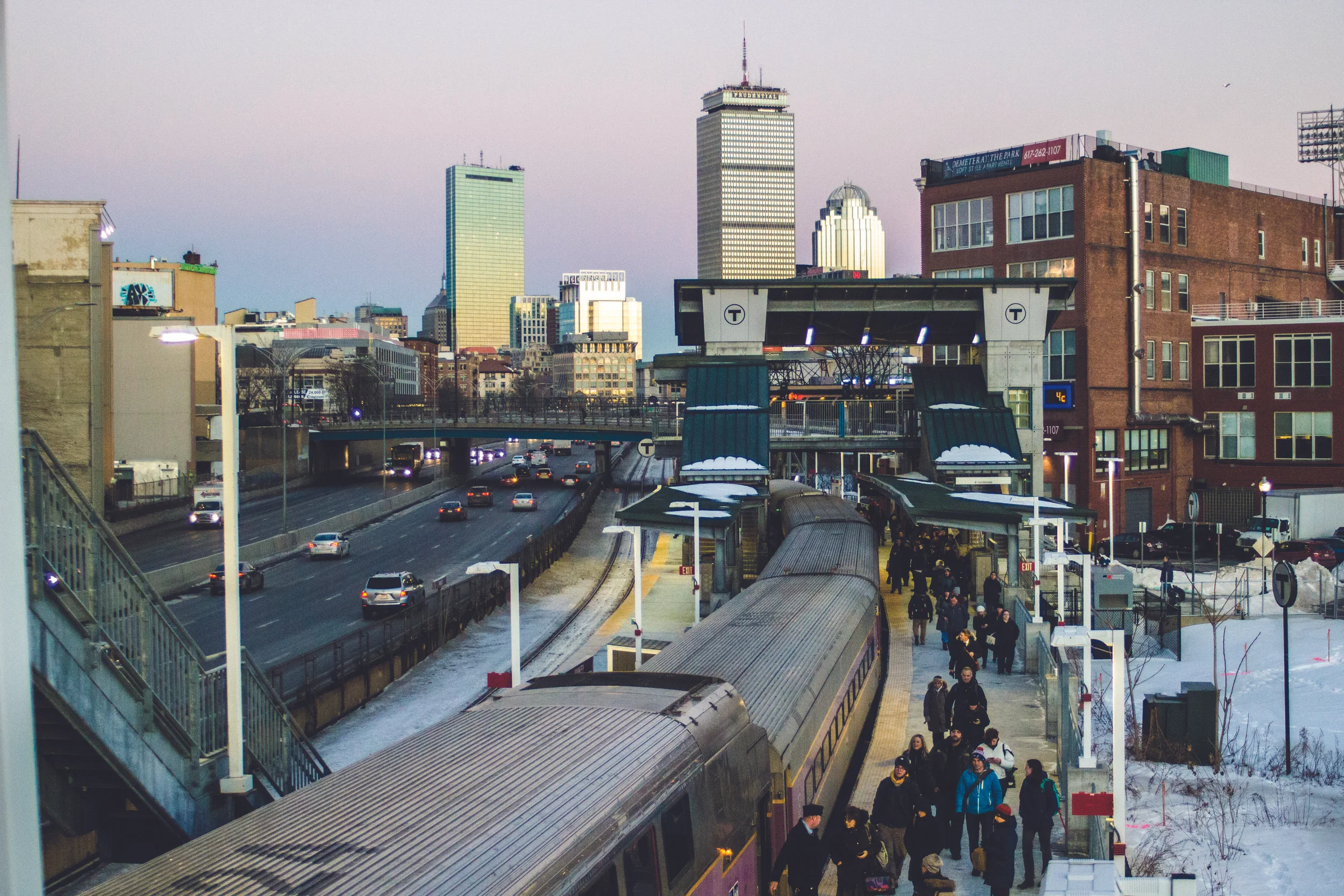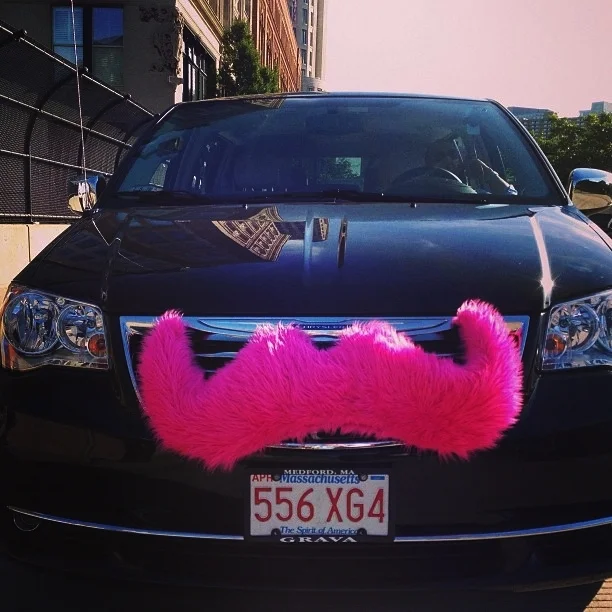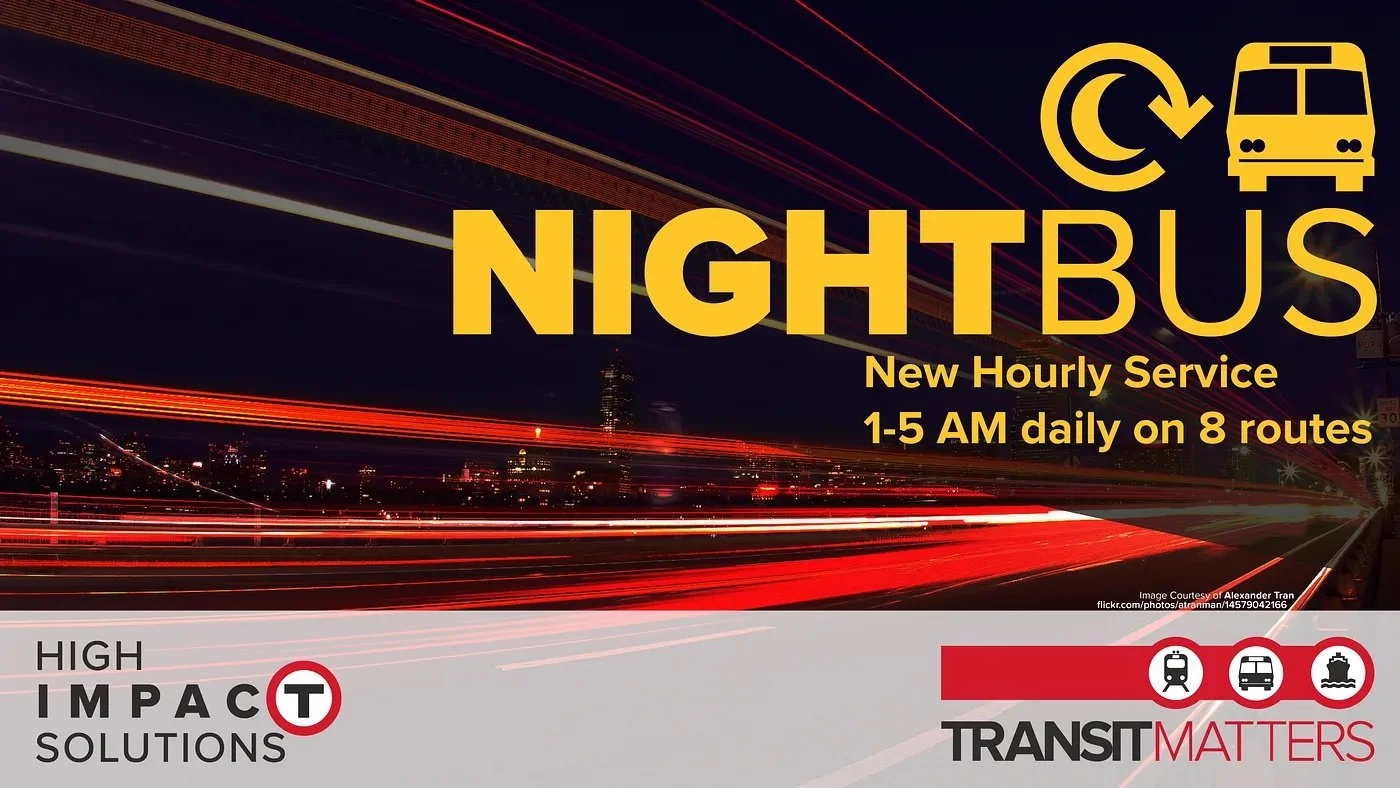
Media Statement: Regional Rail Report
Today, transit advocacy group TransitMatters released its report calling for modernization of the MBTA Commuter Rail network and an updated business model as part of a larger reimagining of the service. ‘Massachusetts should commit to transitioning from its current Commuter Rail system to a Regional Rail system that offers frequent all day intercity rail service provided by clean electric-powered locomotives’, according to the report.
At a Beacon Hill press conference, TransitMatters President and co-founder Marc Ebuña said, “Our current Commuter Rail system is a vestige of mid-20th Century thinking, based on an antiquated assumption about the kind of mobility choices people expect to have. Many people today do not have 9 to 5 jobs; they require more flexibility from their transit system. Regional Rail offers that flexibility.”
The Regional Rail system recommended by TransitMatters is described in the report as “a reliable and more cost-effective intercity rail system based on a 21st century business model...operating more like a subway service with level platforms and frequent service all day.” TransitMatters identified five critical components to the Regional Rail business plan: (1) systemwide electrification, (2) high platforms allowing faster and accessible boarding, (3) strategic infrastructure investments to maximize speed and reliability, (4) frequent all-day service – every half hour in the suburbs, every fifteen minutes in denser urban neighborhoods, and (5) fare rationalization, including free transfers between regional trains, subways and buses.
Board member Jarred Johnson explained that the recommendations for a new approach to providing intercity rail service “responds to the way people live today. We are doing our economy and our residents a disservice by continuing to operate and plan for an outdated Commuter Rail system. Our Regional Rail plan takes lessons learned from proven best practices across the US and globally, and offers a highly cost-effective approach to transitioning to a new system.”
According to the group, Regional Rail can begin with affordable pilots projects on the Providence Line — the Commuter Rail’s only electrified line — and the Fairmount Line. The group’s plan proposes cost-effective pilots for these lines as a way to prove the efficacy of the approach and to provide better service and social and environmental justice to Fairmount Line riders and corridor residents.
TransitMatters Board member Tim Lawrence observed that the report responds to the legitimate concern of the MBTA’s FMCB, that the current Commuter Rail system, carries too few riders at too high a cost. “We agree with that assessment,” said Lawrence. “Our plan for Regional Rail addresses this head on — by offering not just a vision, but a new business model. It’s that business model that will be a game changer, moving us away from the unacceptable status quo, and making our intercity rail system operate in a cost-effective, rider-responsive manner.”
The Regional Rail report can be downloaded from regionalrail.net.
Podcast Episode 31 - Ride Sharing, Taxis, and Transit
The TransitMatters Podcast returns from break with a discussion on Lyft and ride sharing services with special guest Tyler George, General Manager of Lyft Boston. Tyler has a spirited discussion with hosts Josh Fairchild, Jeremy Mendelson and recurring panelist, sound engineer (and former General Manager for both Zipcar's Chicago operation and for Hubway bike share here in Boston) Scott Mullen. Our discussion focused on ride sharing services and its effect on the Taxi industry and Transit. This episode was recorded in the studios of WMBR 88.1fm Cambridge, engineered by Scott Mullen, and edited by Charleston Sarjeant.
Like what you hear? Share it around, tell your friends and colleagues, and subscribe to the blog and podcast — through iTunes or Google Play. Support our work by becoming a member, donating, or volunteering.
Find out more about Josh, Jeremy, and other board members.
Send us your feedback by connecting with us on our various social media channels or contact us here.
Media Statement: Overnight Service
Today, the MBTA Fiscal Management and Control Board encouraged MBTA staff to move forward in working out details for NightBus, a proposal for overnight bus service put forward by TransitMatters earlier this year.
BOSTON, September 26, 2016 — Today, the MBTA Fiscal Management and Control Board encouraged MBTA staff to move forward in working out details for NightBus, a proposal for overnight bus service put forward by TransitMatters earlier this year.
A number of local and state representatives, allies, and citizens lined up this afternoon to submit public comment. We thank them for their support and appreciate their ongoing advocacy as we move forward in our work with the T.
Boston doesn't stop working after midnight; neither should its transit system. Our plan responds to the realities faced by people every day. Numerous people work late nights and early mornings in businesses and industries that make Boston attractive as a place to live, play, work and invest in: at Logan airport; at our great hospitals; at restaurants and hotels; in the innovation sector that competes globally and works around the clock. We are not responding to these needs and are not providing the mobility that other great cities provide their citizens.
One way to test whether our public transportation system is responding effectively to the needs of our citizens is to ask whether it leaves anyone without affordable and reliable service. Until we establish cost effective overnight service we won't be able to answer that question the way we all should want to.
We share the Board’s concerns about forward progress on the proposal that we have worked with MBTA staff to develop. We also agree that we should have better data to shape the face of this service and that we need to establish success factors for any overnight service.
Today’s outpouring of support shows there is latent demand and we appreciate that the MBTA will continue to collaborate with us to fill this current void in Greater Boston’s transit service. We are committed to working through this process to see year a NightBus service that responds to clear needs implemented by the end of this year.
Categories
- Children (1)
- Diversions (1)
- Olympics (1)
- MAPC (2)
- Red–Blue Connector (2)
- Urban Design (3)
- Bus (4)
- Fares (4)
- Late Night Service (4)
- MBTA ROC (4)
- Silver Line (4)
- Snow (5)
- Blue Line (8)
- Emergency (8)
- Orange Line (8)
- Public Comment (8)
- Maintenance (9)
- Operations (9)
- Signage (9)
- Fare Collection (10)
- Labs (11)
- Safety (11)
- Planning (12)
- Communication (14)
- MBCR (14)
- MassDOT (14)
- Green Line (16)
- History & Culture (16)
- Red Line (18)
- MBTA Bus (21)
- Commuter Rail (24)
- Advocacy (26)
- Capital Construction (28)
- Politics (30)
- Podcast (35)
- News (38)
- Media (40)
- Funding (42)
- Statements (50)
- MBTA (57)



